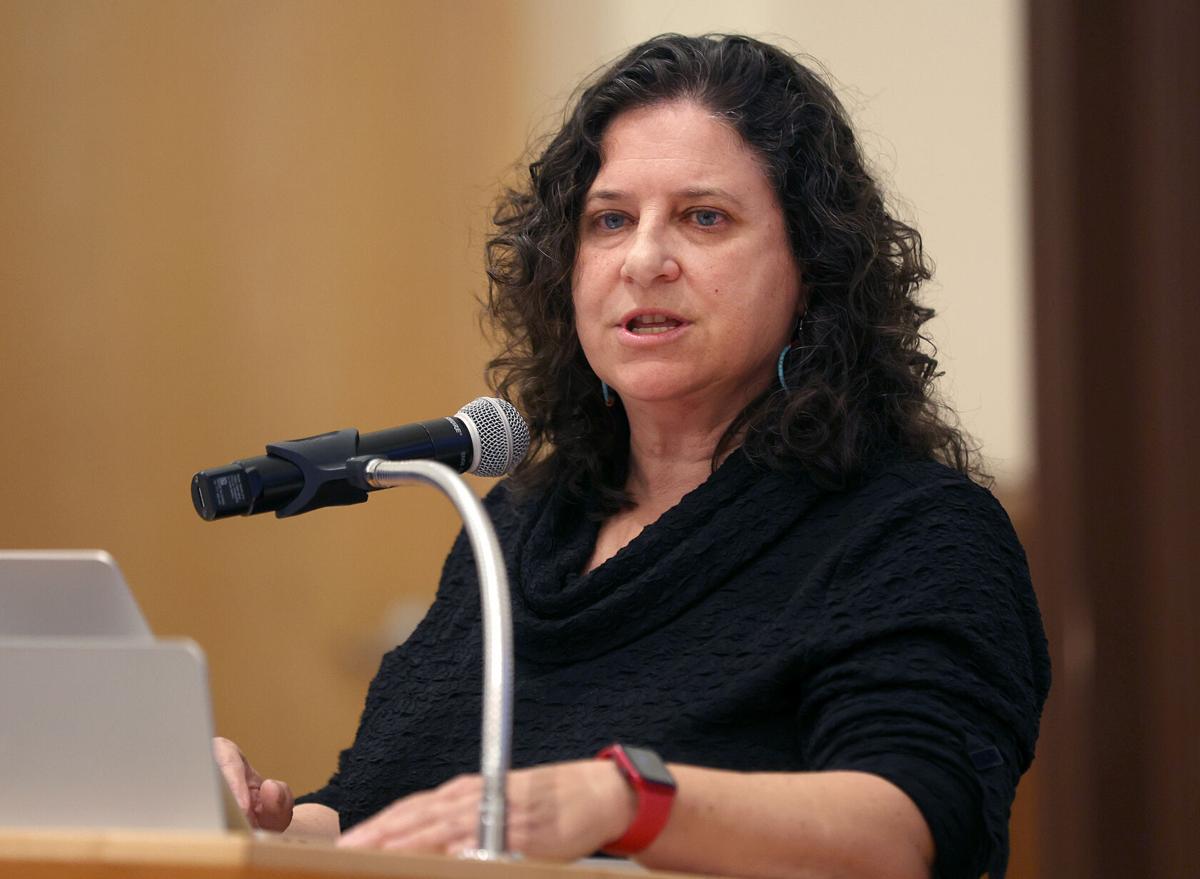The chair of the University of Arizona Faculty Senate hopes to “rebuild trust” with administration, even as she and the interim provost predict the campus political climate will continue to be tense this fall.
In the shared governance body’s first meeting since spring, Chair Leila Hudson said one of the senate’s goals this year is “rebuilding relations with the president’s office, the provost office and perhaps even our Board of Regents.”
The Faculty Senate has emerged in recent years as a stark opponent of the UA’s administration. She suggested that may soon change with the October inauguration of the university’s 23rd president, Suresh Garimella.
“(Garimella) understands the centrality of the faculty and I think he understands where the buck stops,” Hudson told the Faculty Senate on Monday afternoon. “He cannot get here a minute too soon.”
Garimella, who has been president of the University of Vermont, is expected to begin the first week of October.
According to Hudson, elected faculty governance is working “more smoothly than we ever have.”
In her opening remarks, Hudson noted that one of the “key issues” this year is focusing on campus climate.
“We’re coming into a contentious election year, and so many of us are outraged, traumatized and hurt by what happened on Oct. 7, what has happened in the 76 years before Oct. 7 and what has happened in the 11 months since Oct. 7,” Hudson said, referring to the Israel-Gaza conflict.
“We as a university have not only the right but the obligation to talk and talk and talk some more on topics that may make us uncomfortable,” she said.
She followed up that statement by “rejecting” antisemitism, Islamophobic, anti-Arab and anti-Palestinian sentiments, before saying she is prepared to bring a motion in October to reinforce the point.
Hudson initially planned to submit a formal resolution condemning antisemitism in May, but postponed it, saying she could not “in good conscience” submit one after a pro-Palestinian encampment on campus was broken up by police on President Robert C. Robbins’ orders.
The UA’s joint council on Jewish life and antisemitism fired back soon after Hudson’s postponement, stating they were “appalled” at her actions.
For his part, newly returning interim provost Ron Marx echoed Hudson’s statements, predicting a “fractious fall.”
“My office has already received requests from members of the community and affiliated members of the community to suppress certain kinds of activities,” Marx said. “We’re not going to do that.”
It was a bit odd to hear Marx speak again to the Faculty Senate. Last spring, nobody would have expected him to take the podium again. He served as last year’s interim provost, at times begrudgingly, with a frequent countdown to how many weeks he had left in the post.
The UA hired Joseph Glover, the then-provost at the University of Florida, and he started on July 1. Just over a month on the job, however, Glover announced he was resigning suddenly, set to return to Gainsville, Florida to take over as interim provost at the UF as it dealt with leadership issues.
Marx “was sitting by my pool, reading a book,” when he found out Glover was leaving. President-designate Garimella called Marx multiple times” asking him to step in as interim provost once again.
Garimella was able to “twist” Marx’s arm, he said, into serving as interim provost for another year.
Marx said he’ll stay in the office until a provost is found, and that he expects that should happen “somewhere during the academic year.”





